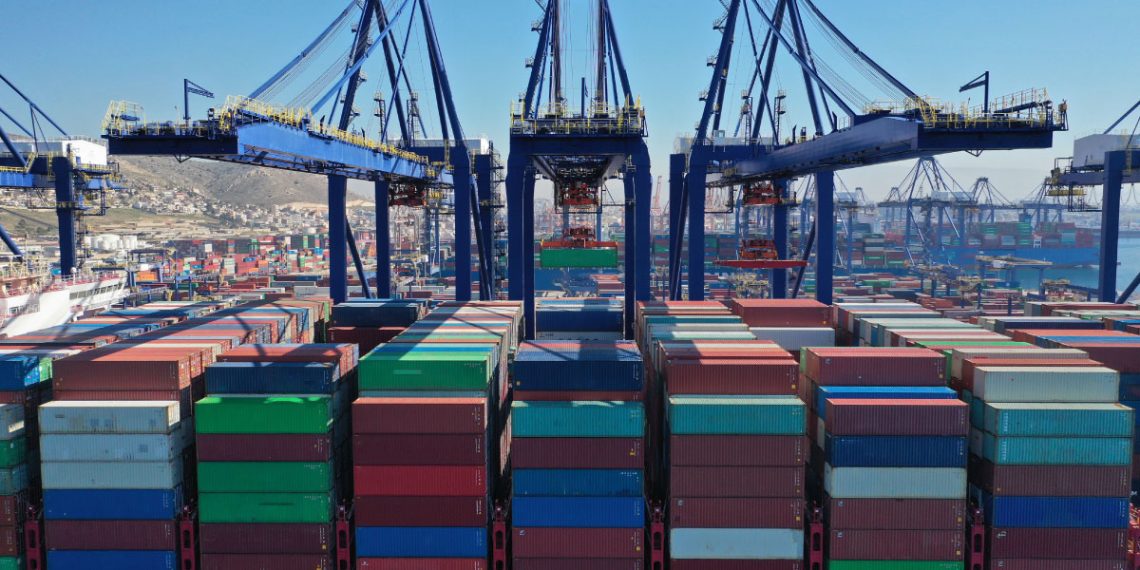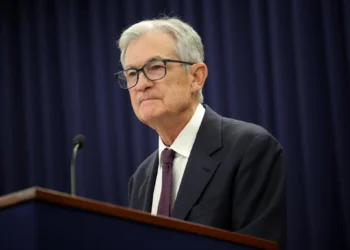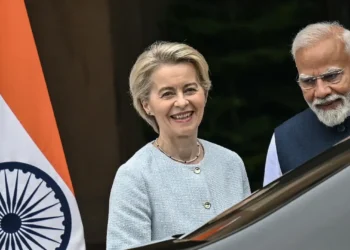EDINBURGH (Realist English). Against the backdrop of US and EU sanctions against Russia, Peter Martin, research director at commodity research firm Wood Mackenzie, said that global trade could reorganize into two or more “distinct blocs.”
Martin said it’s “not the end” of globalization, but that global trade could reorganize into two or more “distinct blocs.”
The first bloc would comprise of European Union, U.S. and their allies — who have slapped sanctions on Russia, and are aligned in isolating Russia, according to Martin. Those allies could include U.K. and Japan. Another group may be countries that will seek to straddle both sides.
“There will be a bloc of nations like China and India that maintain trade with both the sanctioning allies and Russia – they could take more energy and resources from Russia but need to maintain good relations with the large economies in the first bloc which account for a significant proportion of their export demand,” said Martin.
“Trade routes by both land and sea and the volumes passing along them will be impacted,” Martin also said.
Since the conflict started, shippers have avoided the Black Sea, where Russia’s military activity has blocked commercial shipping. That’s caused congestions in other ports in Europe because shippers have had to change their routes.
“Although the capacity of alternative routes is expected to increase gradually, such exports will likely be more complex and costly compared to the sea route. Russia’s missile strikes targeting railway infrastructure across Ukraine could further complicate logistics,” Andrius Tursa, Central and Eastern Europe advisor at consulting firm Teneo Intelligence said.
Any diversion as a result of changes to global trade would cause some economies to benefit, such as Southeast Asia, Latin America and Africa, according to Martin.
“Exports will … be diverted requiring new markets to be found for goods and services, and logistics put in place to accommodate the new trade flows,” he said.
“Russia will likely be the biggest loser as, although it can pivot some trade links, it will become excluded from a large proportion of the global economy,” Martin said.
Routes could change and may benefit some Southeast Asia countries such as Vietnam, where more companies are already manufacturing their goods.
On the other hand, places like Singapore — where ships commonly pass through on the way to the U.S. —could lose out, he added, explaining that Singapore may be bypassed as shippers go from the emerging manufacturing hubs of Vietnam and Cambodia directly to the U.S. West Coast.
“Some companies are starting to produce closer to home in order to limit delivery delays due to plant closures, reduced labor supplies, and other factors,” said Jason McMann, head of geopolitical risk analysis for Morning Consult.
They may also shift to maintaining larger inventories “as a cushion against future disruptions,” as opposed to having shorter supply chains, he added.


















